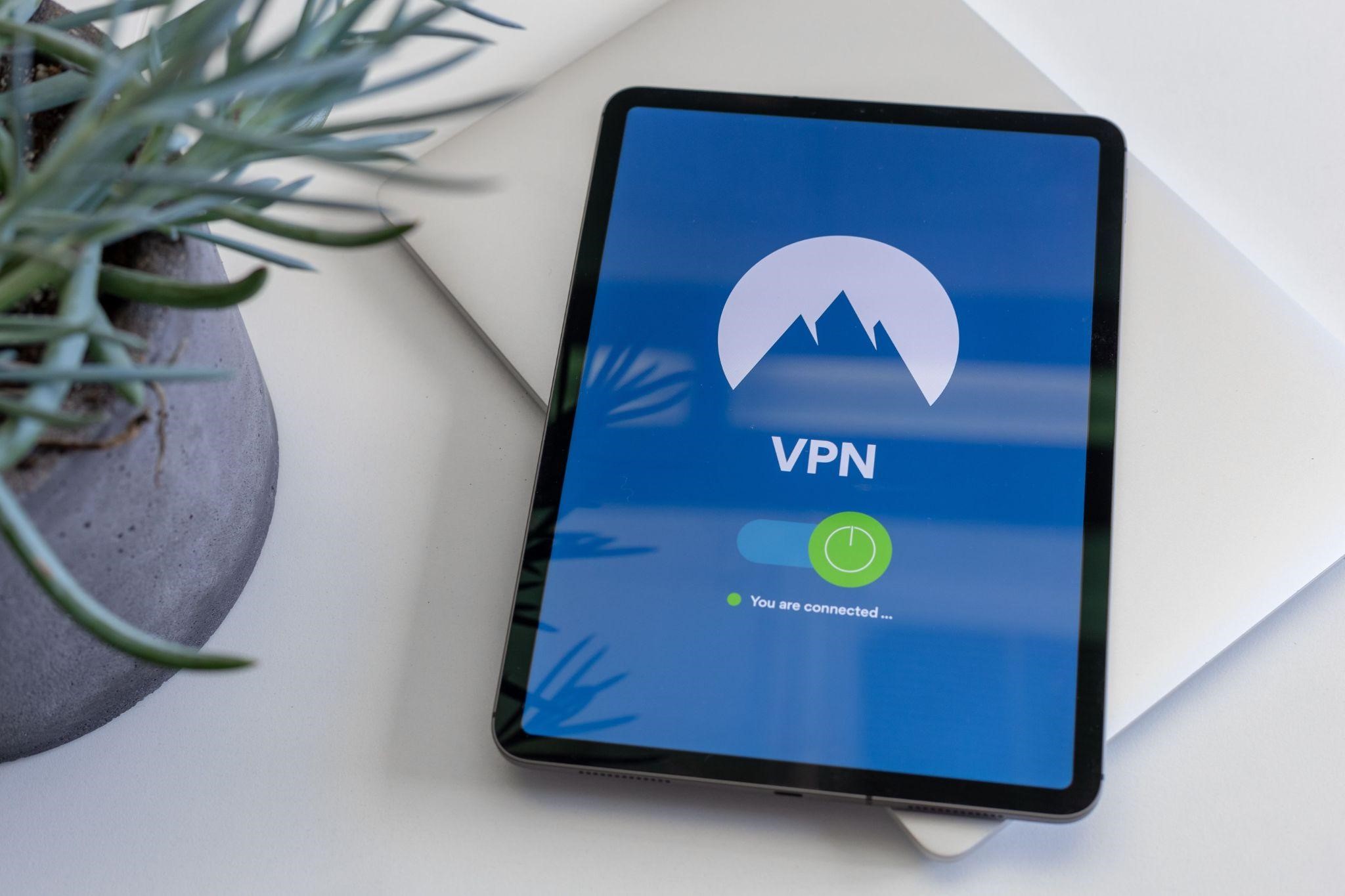What is VPN?
VPN stands for Virtual Private Network and it’s a secure network that allows users to connect to the internet using an encrypted tunnel. This tunnel protects data from being seen or intercepted by third parties, such as hackers. VPNs provide anonymity by hiding the user’s IP address and it allows users to access websites and services that may be blocked in their country or area.
Using a VPN gives additional security when accessing the internet. It encrypts all data that passes through the tunnel, making it virtually impossible for third parties to access the information. This helps protect users from malicious viruses, malware, and other cyber-attacks. It also allows users to access region-specific content, such as streaming services, that may not be available in their area. Additionally, VPNs can be used to bypass government censorship and access websites that are blocked in certain countries.
Who should use a VPN?
Using a VPN is beneficial for businesses. It allows employees to securely access the company’s network from any location, which can be especially useful for remote workers. It also provides an extra layer of security for sensitive data, such as customer information, financial records, and other confidential information.
Additionally, VPNs can be used to access cloud-based applications and services, such as file sharing and collaboration tools, without having to worry about data being intercepted. This can help businesses increase productivity and efficiency while keeping their data secure.
Using a VPN can also be beneficial for businesses in terms of cost savings. By providing a secure connection to the internet, businesses can save money on expensive leased lines and other associated costs. Having a VPN may reduce the need for costly hardware and software upgrades, which can save businesses time and money.
Furthermore, VPNs can be used to access cloud-based services and applications, which eliminates the need for expensive in-house servers and other IT infrastructure. In summary, using a VPN can provide businesses with a secure and cost-effective way to access the internet and increase their productivity.
Using a VPN can also be beneficial for personal users. It provides a secure connection to the internet and helps protect their data from being tracked or intercepted. This is especially important when accessing public Wi-Fi networks, as it prevents third parties from accessing a user’s data.
As mentioned previously, VPNs can be used to access websites and services that are blocked in certain areas, such as streaming services or social media platforms. This allows users to access the content they desire without having to worry about being tracked or censored.
How does VPN work?
A VPN (Virtual Private Network) works by establishing a secure, encrypted connection between two points. This connection is used to tunnel your device’s internet traffic through an intermediary server, which can be located in any country. All of the data sent over this connection is encrypted, making it much more secure than a regular connection, and much more difficult to intercept.
By using a VPN, you can access services and websites that are blocked in your country, or even appear to be located in a different country. This can be useful for a variety of reasons, such as accessing geo-restricted content, or simply to add an extra layer of security to your browsing experience.
Which browsers have free VPN?
There are a few browsers that come with free VPNs built-in such as Opera, Brave, and Avast. Additionally, there are some add-ons and extensions that can be added to browsers like Chrome and Firefox to enable free VPNs. There are also some completely free VPN services that can be used with any browser. These usually come with limited features and data caps, but they can be useful for those who just need a basic VPN connection.
Popular free VPN services include Windscribe, TunnelBear, and Hide.me. Additionally, some operating systems, such as Android, come with built-in VPNs that can be used with any browser. These VPNs may not be as feature-rich as the ones found in dedicated apps or add-ons, but they can still provide a basic level of protection and privacy.
Is there a downside to using VPN?
Yes, there are several potential downsides to using a VPN, including slower internet speeds, increased risk of cyberattacks, potential compatibility issues with certain websites and services, and increased risk of exposure to government surveillance. Additionally, some VPNs may not be as secure as expected and can log user activity, which could lead to privacy concerns.
Another potential downside to using a VPN is that many of them require a subscription fee. This can be costly, especially for users who need to use the VPN frequently. Additionally, some VPNs may have limited features or unreliable service. Furthermore, depending on the country or region, using a VPN can be illegal, and users could face criminal charges if caught.
In sum, there are several potential downsides to using a VPN, and users should be sure to research the VPN provider before committing to a subscription. Doing research and reading reviews can help users make an informed decision and ensure they are getting the best possible service.
Computer Works offers a wide range of VPN services, perfect for businesses and individual users who need to keep their data safe and secure. Our VPNs are easy to use and can be set up in minutes. You can rest assured that your data is safe and secure. Contact us today to learn more!

